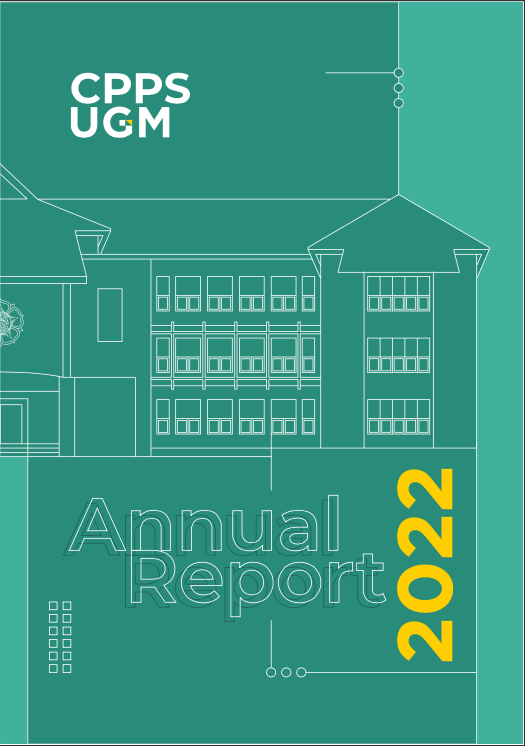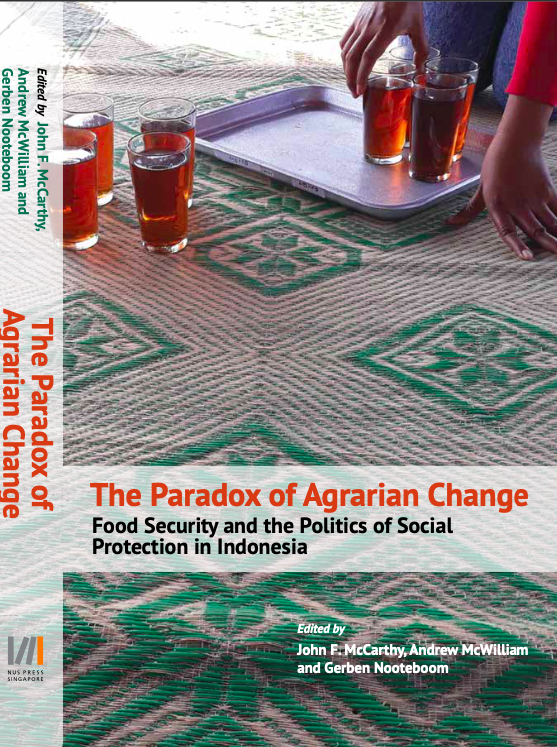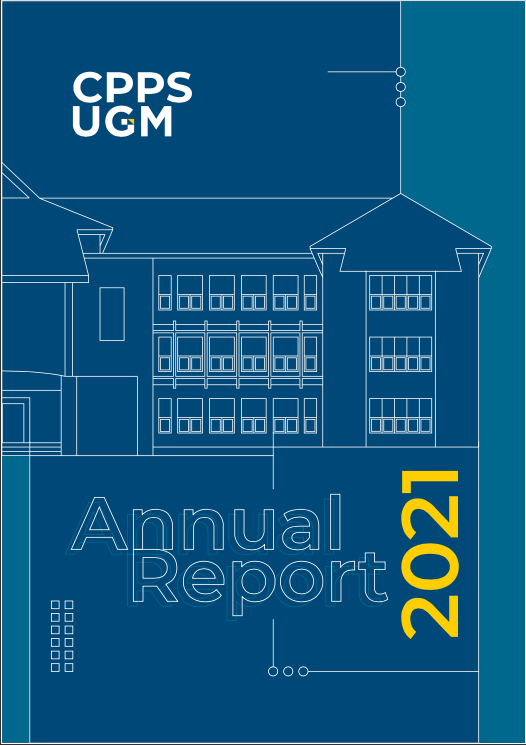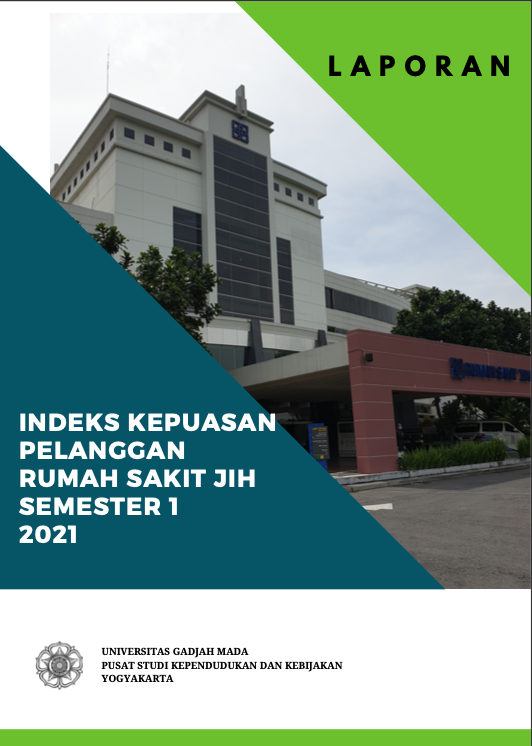Tragedi Perdagangan Amoi Singkawang
|
Using gender analysis, the research findings show that amoi trafficking is driven both by internal and external motivations. Internal motivation is derived from amoi’s goals to achieve a higher social status among its local community. Meanwhile, external motivation relates with financial burden experienced by most amoi’s family, and cultural similarity between Singkawang and Taiwan/Hongkong Chinese.
The research has identified both positive and negative effects of amoi trafficking, either for amoi and their family or for people in Singkawang. Through remmitance from their operation in Taiwan/Hongkong, the practice of trafficking stimulates economic life development of amoi’s family in particular, and people in Singkawang in general. However, many of them had been cheated, forced to be a prostitute, or even had received physical violence from Taiwan/Hongkong men who had became their husband or who had employed them as illegal migrant workers.
The research also found that the difficulties to end the practice are caused by different perceptions about trafficking between actors involved in the practice, specifically the state apparatus and local community. On one hand the state apparatus percepts the cases of cross-culturally marriage and illegal migrant workers as a matter of civil law, not as a form of criminal law. On the other hand, amoi, their family, and the local community percept it as a form of trafficking involving deception, exploitation, and violence against women.
The research recommends several policies, among others 1) local government and migrant workers agencies need to cooperate in dealing with illegal migrant workers, 2) law enforcement needs to be materialized, especially in implementing immigration procedures, 3) the central government needs to ratify the Stockholm Declaration 1996 and realizes the Vienna Protocol about women trafficking as a guideline in arranging Anti Trafficking Law, and 4) changing perception about women trafficking, particularly among the state apparatus, in order to reinforce abolition of this illegal practice.
Key word: Migrant workers, Trafficking.




